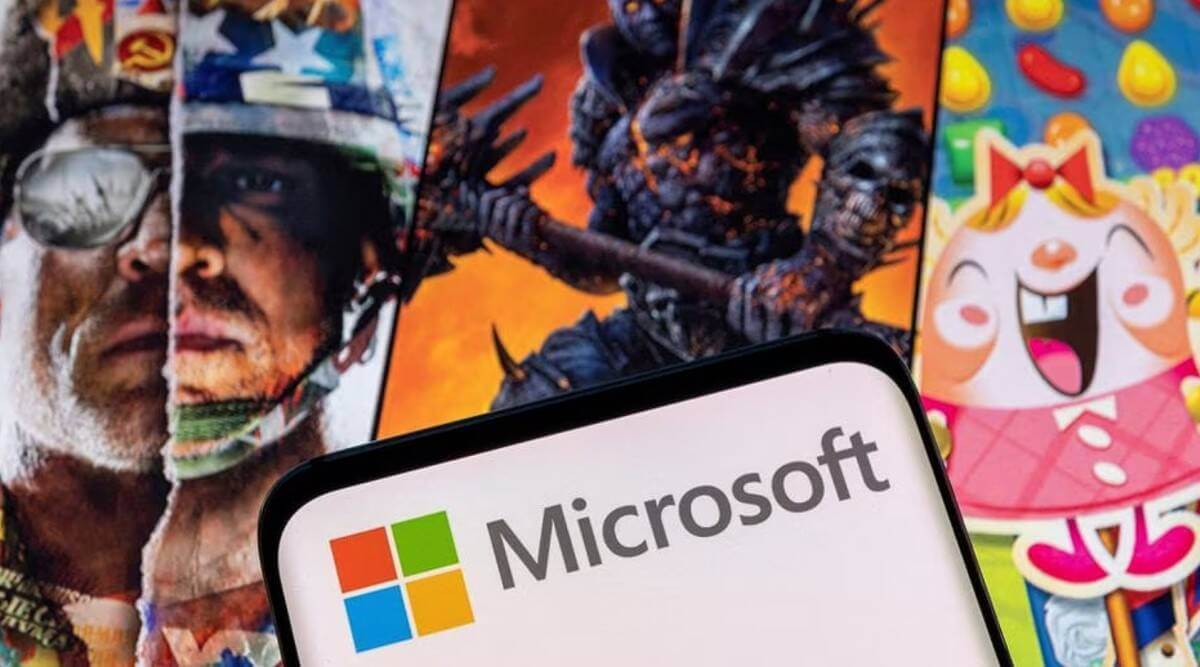On July 11, Microsoft received favorable rulings that cleared the way for its acquisition of Activision Blizzard, a major video game maker. A U.S. judge, Jacqueline Scott Corley, approved the $69 billion deal despite the Biden administration’s concerns about potential harm to consumers. The judge rejected the argument that the merger would grant Microsoft exclusive access to popular games like “Call of Duty,” thereby impacting competition. This decision led to a surge in Activision shares by 10% and a slight increase in Microsoft shares.
Following the U.S. judge’s ruling, the British regulator, the Competition and Markets Authority (CMA), expressed a willingness to reconsider its opposition to the deal. The CMA had raised antitrust concerns, but testimonies presented during the U.S. trial weakened their arguments. This development suggests that Microsoft and the CMA may reach a resolution, with the regulator considering Microsoft’s proposals to address the concerns.
The U.S. Federal Trade Commission (FTC) had argued that the merger could potentially exclude rival console makers like Nintendo and Sony from accessing Activision games, thus harming competition. However, Judge Corley disagreed with the FTC’s assertions, stating that there was insufficient evidence to support the claim. The FTC has until Friday to appeal the decision, but its spokesperson expressed disappointment and emphasized their commitment to preserving competition and protecting consumers.
The video game industry is projected to experience significant growth, with sales expected to increase by 36% to reach $321 billion in the next four years. Despite this setback, Microsoft remains optimistic and appreciative of the court’s decision. Microsoft President Brad Smith stated that they would now focus on addressing the CMA’s concerns and exploring potential changes to the transaction.
Throughout the trial, the focus was primarily on “Call of Duty,” but it is important to note that Activision also produces other successful titles such as “World of Warcraft,” “Diablo,” and “Candy Crush Saga.” In an effort to address antitrust concerns, Microsoft had agreed to license “Call of Duty” to competitors, including a 10-year contract with Nintendo, contingent on the merger’s completion.
The FTC’s complaint reflected concerns about competition in console gaming, subscriptions, and cloud gaming. Microsoft’s CEO, Satya Nadella, argued during the trial that the company had no incentive to exclude competitors like Sony’s PlayStation and that their goal was not to sell more Xbox consoles at the expense of rivals.
This development marks a setback for the Biden administration’s broader efforts to reduce costs for consumers, including initiatives to lower the price of insulin medication and eliminate additional fees for airline tickets. Analysts suggest that Microsoft and the CMA may be able to reach a deal in the coming weeks.





